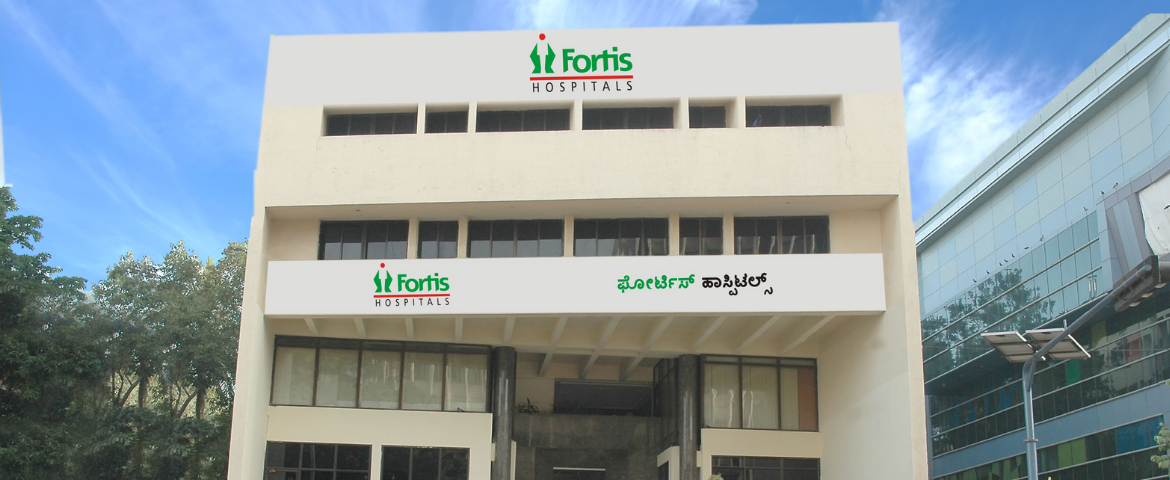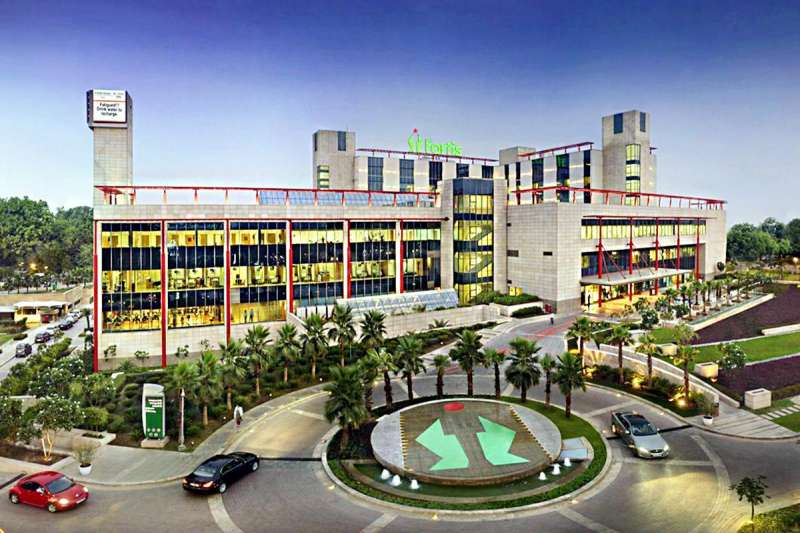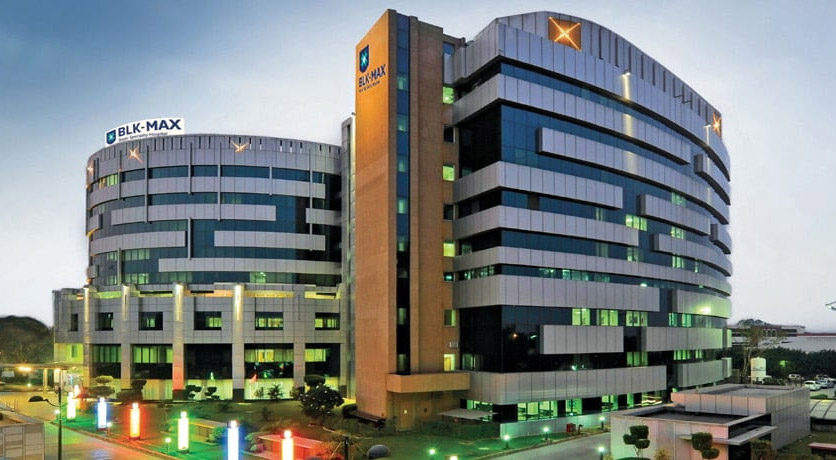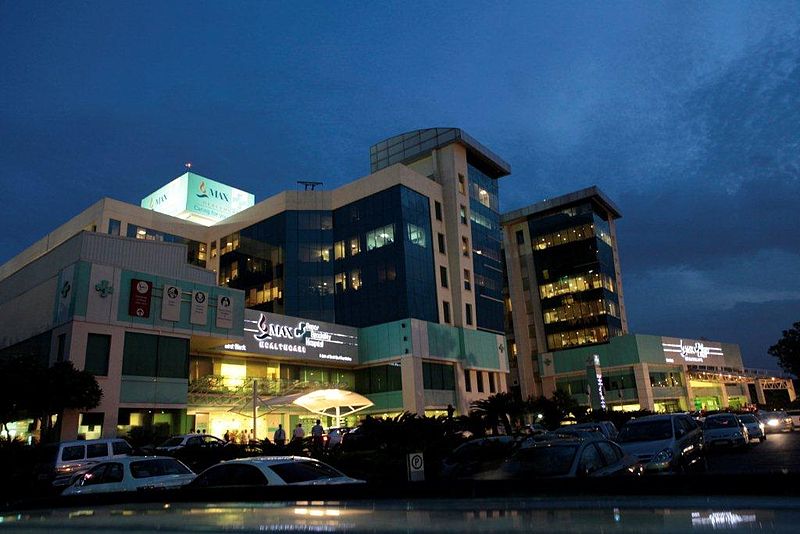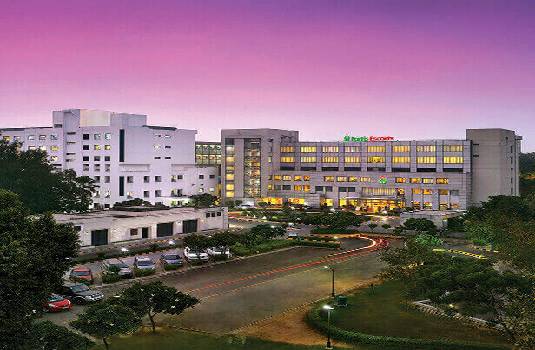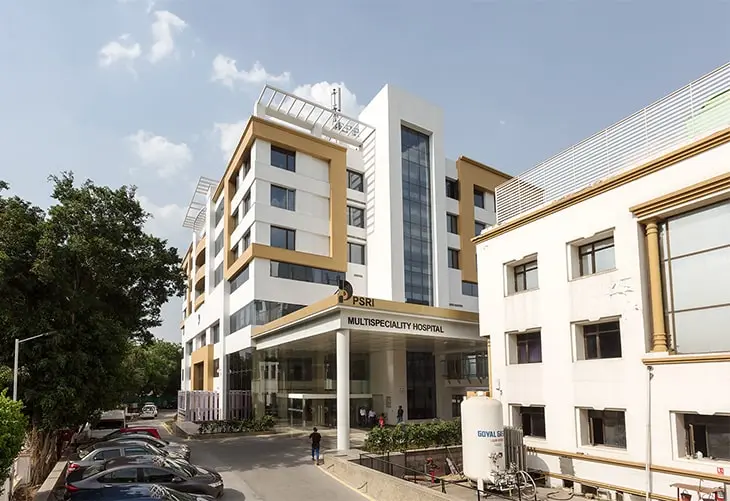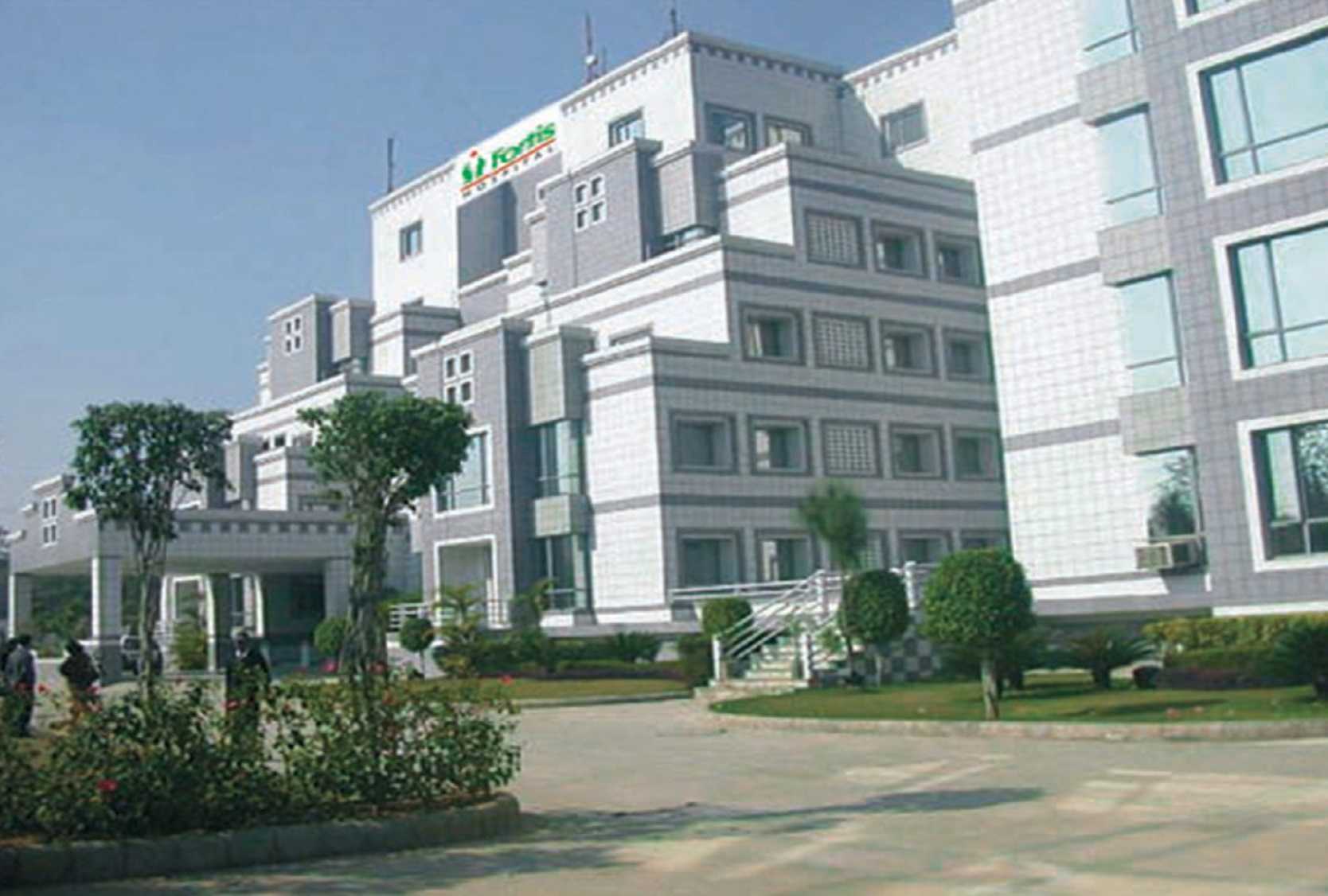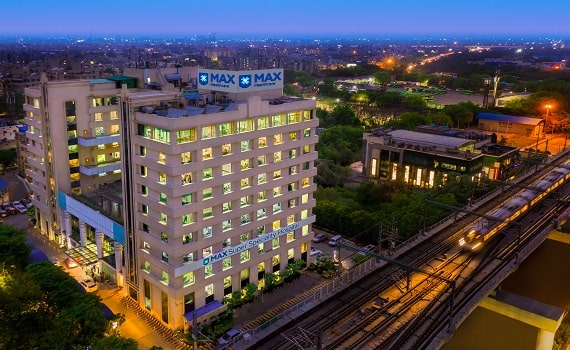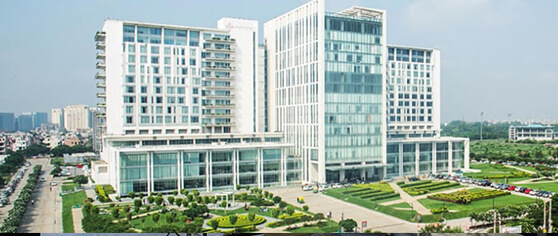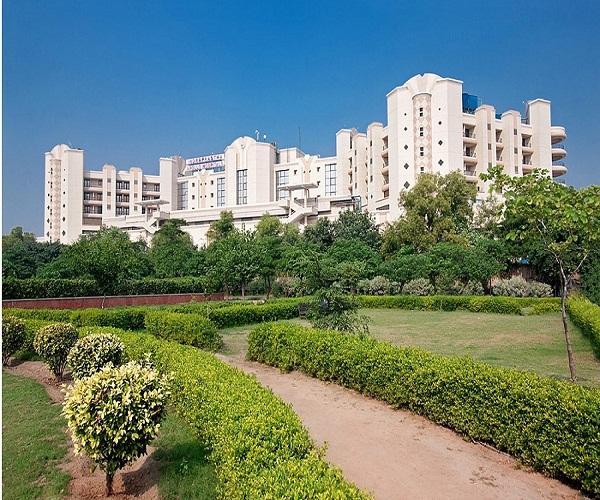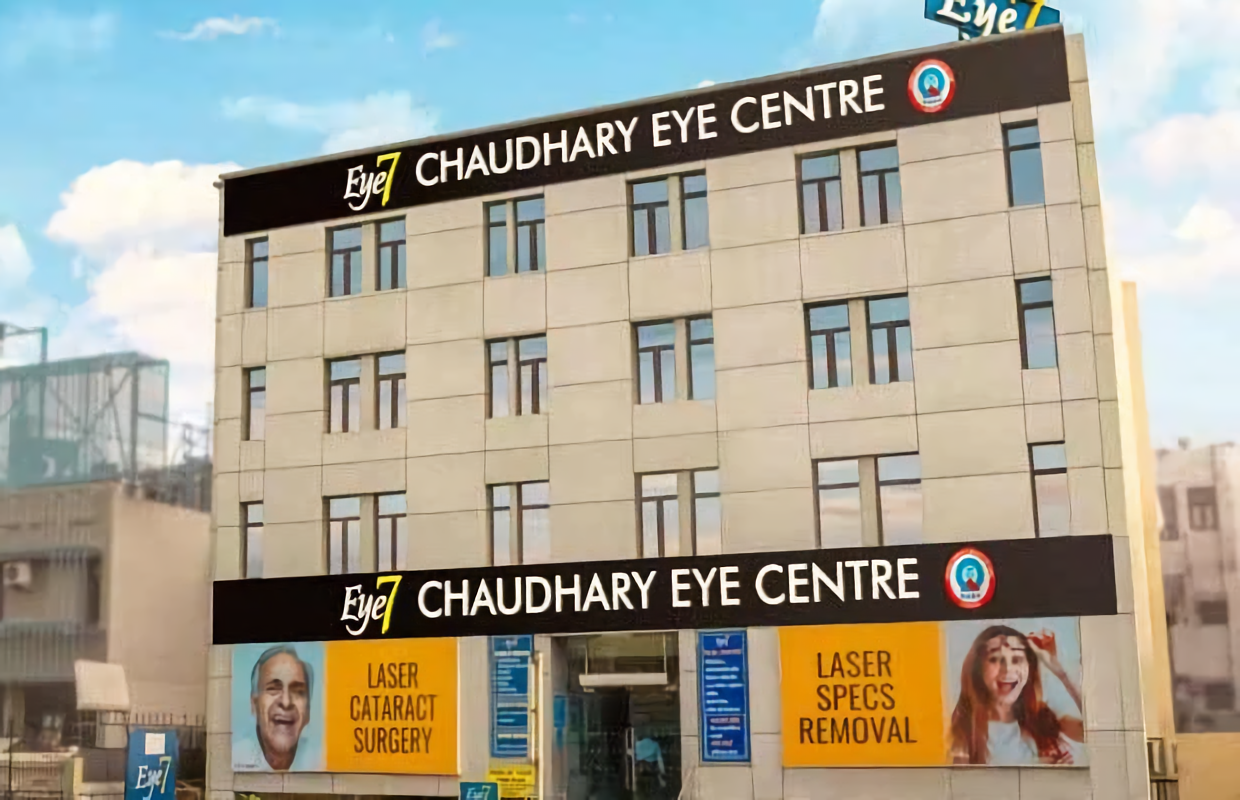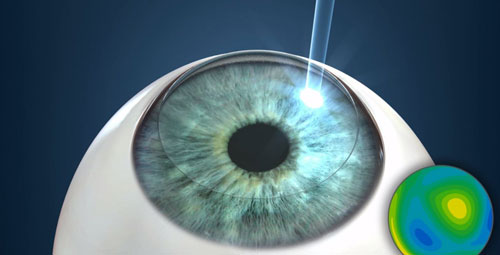PTK (Phototherapeutic Keratectomy) cost in India
CORNEAL AND OCULAR SURFACE PROCEDURES-PTK (Phototherapeutic Keratectomy):
The phototherapeutic keratectomy (PTK) method removes roughness or cloudiness from the cornea using an excimer laser.
Phototherapeutic keratectomy is a type of eye surgery that removes tissue from the cornea with a laser to treat a variety of ocular conditions. PTK can be used to remove opacities and abnormalities on the surface of the cornea.
It is done for therapeutic reasons, to correct medical eye abnormalities that have been documented. The epithelium, the initial layer of the cornea, is removed using an alcohol solution in PTK, and the excimer laser is used to remove a minute layer.
Disease Overview:
Severe Keratoconus
Keratoconus is a condition in which the cornea (the transparent, dome-shaped front surface of your eye) thins and bulges outward into a cone shape over time.
Blurred vision and sensitivity to light and glare are common symptoms of a cone-shaped cornea. Keratoconus affects both eyes in most cases, albeit one eye is frequently affected more than the other. It usually affects persons between the ages of ten and twenty-five. For ten years or longer, the illness may proceed slowly.
You may be able to fix vision difficulties using glasses or soft contact lenses in the early stages of keratoconus. You may need rigid, gas permeable contact lenses or other types of lenses, such as scleral lenses, in the future. You may need a cornea transplant if your disease worsens to an advanced stage.
A novel procedure called corneal collagen cross-linking may help to reduce or stop the progression of keratoconus, perhaps avoiding the need for a cornea transplant in the future. This therapy may be provided in addition to the above-mentioned vision correction treatments.
Disease Signs and Symptoms:
As the condition advances, the signs and symptoms of keratoconus may alter. They are as follows:
- Vision that is hazy or distorted
- Increased sensitivity to strong light and glare, which can make night driving more difficult.
- Changes in eyeglass prescriptions are required on a regular basis.
- Vision deterioration or clouding that occurs suddenly
Disease Causes:
Although hereditary and environmental variables are suspected to have a role in keratoconus, no one knows for sure. One out of every ten persons with keratoconus also has a parent who suffers from the disorder.
Risk Factors:
These variables can make you more likely to acquire keratoconus:
- Having a keratoconus family history
- Strenuously rubbing your eyes
- Having retinitis pigmentosa, Down syndrome, Ehlers-Danlos syndrome, hay fever, and asthma, to name a few.
Disease Diagnosis:
Your eye doctor (ophthalmologist or optometrist) will conduct an eye exam and analyse your medical and family history to diagnose keratoconus. He or she may do further tests to learn more about the shape of your cornea. The following tests can be used to diagnose keratoconus:
Refraction of the eyes. Your eye doctor will use sophisticated equipment to measure your eyes and check for visual abnormalities during this test. He or she may ask you to gaze through a phoropter (a device with wheels of different lenses) to see which combination of lenses provides you the clearest vision. A hand-held equipment (retinoscope) may be used by some doctors to examine your eyes.
Examination using a slit light.
In this test, your doctor shines a vertical light beam on the surface of your eye and examines it using a low-powered microscope. He or she examines the curvature of your cornea and searches for additional signs of eye disease.
Keratometry. Your eye doctor does this test to assess the fundamental shape of your cornea by focusing a circle of light on it and measuring the reflection.
Corneal mapping on a computer. Corneal tomography and corneal topography are special photographic procedures that record pictures to produce a comprehensive form map of your cornea. Corneal tomography can also be used to determine how thick your cornea is. Corneal tomography may typically detect early indications of keratoconus before a slit-lamp examination can reveal the illness.
Disease Treatment:
Keratoconus treatment is determined by the severity of your problem and how rapidly it is progressing. In general, there are two ways to treat keratoconus: delaying the disease's development and improving eyesight.
If your keratoconus is getting worse, corneal collagen cross-linking may be recommended to halt or stop it. This is a more recent procedure that may eliminate the necessity for a cornea transplant in the future. However, this therapy does not enhance eyesight or reverse keratoconus.
Eyeglasses or soft contact lenses are two options for lenses. Early keratoconus can be treated with glasses or soft contact lenses to correct hazy or distorted vision. However, since the curvature of people's corneas changes, they frequently need to adjust their prescription for eyeglasses or contacts.
Contact lenses with a hard surface. In the case of more severe keratoconus, hard (rigid, gas permeable) contact lenses are frequently the next step. Although wearing hard lenses might be painful at first, many individuals adapt to them and find that they give great vision. This lens may be customised to match your corneas.
Lenses that may be worn on top of each other. If stiff lenses bother you, your doctor may suggest "piggybacking" a hard contact lens over a soft one.
Hybrid lenses. For added comfort, these contact lenses contain a firm centre with a softer ring around the exterior. Hybrid lenses are a good option for people who can't wear hard contact lenses.
Scleral lenses are a kind of contact lens. These lenses are beneficial for advanced keratoconus patients who have highly uneven shape alterations in their corneas.
Scleral lenses lie on the white portion of the eye (sclera) and vault over the cornea without touching it, unlike standard contact lenses, which rest on the cornea.
If you wear hard or scleral contact lenses, be sure they're fitted by an eye specialist who has treated keratoconus before. You'll also need to visit the doctor on a frequent basis to ensure that the fit is still good. A lens that does not fit properly might cause damage to your cornea.
Therapies
Cross-linking of collagen in the cornea. The cornea is drenched with riboflavin eyedrops and treated with UV light in this treatment. Cross-linking of the cornea occurs as a result, stiffening the cornea and preventing additional shape alterations. By stabilising the cornea early in the illness, corneal collagen cross-linking may assist to lessen the likelihood of progressive vision loss.
Surgery
If you have corneal scarring, excessive thinning of your cornea, poor vision even with the strongest prescription lenses, or are unable to use any form of contact lenses, surgery may be required. Surgical treatments vary depending on the location of the bulging cone and the severity of your problem.
Penetrating keratoplasty is a kind of keratoplasty that penetrates the cornea. You'll almost certainly require a cornea transplant if you have corneal scarring or significant thinning (keratoplasty). A full-cornea transplant is called penetrating keratoplasty. A full-thickness section of your central cornea is removed and replaced with donor tissue in this surgery.
A deep anterior lamellar keratoplasty is a procedure that removes the top layer of the cornea (DALK). The DALK treatment keeps the cornea's inner lining intact (endothelium). This reduces the risk of rejection of this vital inner lining, which can happen with a full-thickness transplant.
Cornea transplantation for keratoconus is often effective, however graft rejection, impaired eyesight, infection, and astigmatism are all possible side effects. After a cornea transplant, astigmatism is commonly treated by wearing hard contact lenses again, which is typically more comfortable.
Country wise cost comparison for PTK (Phototherapeutic Keratectomy):
| Country | Cost |
|---|---|
| India | $540 |
Treatment and Cost
3
Total Days
In Country
- 1 Day in Hospital
- 2 No. Travelers
- 2 Days Outside Hospital
Treatment cost starts from
$568
Popular Hospital & Clinic
Featured Hospital
10 Hospitals
Types of PTK (Phototherapeutic Keratectomy) in Fortis Memorial Research Institute and its associated cost
| Treatment Option | Approximate Cost Range (USD) |
|---|---|
| No Treatment option added | |
- Address: Sector - 44, Opp. HUDA City Center,Gurgaon, Haryana - 122002, India
- Facilities related to Fortis Memorial Research Institute: Private Rooms, Translator, Nursery / Nanny Services, Airport Pick up, Personal Assistance / Concierge, Free Wifi, Local Tourism Options, International Cuisine, Phone in Room, Private Driver / Limousine Services, Post operative followup, Mobility Accessible Rooms, Online Doctor Consultation, Air Ambulance, Religious Facilities, Rehabilitation, Cafe, TV in room, Car Hire, Health Insurance Coordination,
50
DOCTORS IN 35 SPECIALITIES
20+
FACILITIES & AMENITIES
Types of PTK (Phototherapeutic Keratectomy) in BLK-Max Super Speciality Hospital and its associated cost
| Treatment Option | Approximate Cost Range (USD) |
|---|---|
| No Treatment option added | |
- Address: Pusa Road, New Delhi-110005
- Facilities related to BLK-Max Super Speciality Hospital: Private Rooms, Translator, Nursery / Nanny Services, Personal Assistance / Concierge, Free Wifi, International Cuisine, Phone in Room, Private Driver / Limousine Services, Post operative follow-up, Mobility Accessible Rooms, Rehabilitation, Cafe, TV in room, Car Hire, Health Insurance Coordination
17
DOCTORS IN 33 SPECIALITIES
20+
FACILITIES & AMENITIES
Types of PTK (Phototherapeutic Keratectomy) in Max Super Speciality Hospital and its associated cost
| Treatment Option | Approximate Cost Range (USD) |
|---|---|
| No Treatment option added | |
- Address: Max Super Speciality Hospital No. 1, 2, Press Enclave Road, Mandir Marg, Saket Institutional Area, Saket, New Delhi, Delhi, 110017, India
- Facilities related to Max Super Speciality Hospital:
53
DOCTORS IN 34 SPECIALITIES
20+
FACILITIES & AMENITIES
Types of PTK (Phototherapeutic Keratectomy) in Fortis Escorts Heart Institute and its associated cost
| Treatment Option | Approximate Cost Range (USD) |
|---|---|
| No Treatment option added | |
- Address: Okhla Road,New Delhi - 110 025 (INDIA)
- Facilities related to Fortis Escorts Heart Institute: Private Rooms, Translator, Nursery / Nanny Services, Personal Assistance / Concierge, Free Wifi, International Cuisine, Phone in Room, Private Driver / Limousine Services, Post operative follow-up, Mobility Accessible Rooms, Rehabilitation, Cafe, TV in room, Car Hire, Health Insurance Coordination
19
DOCTORS IN 33 SPECIALITIES
20+
FACILITIES & AMENITIES
Types of PTK (Phototherapeutic Keratectomy) in PSRI Hospital and its associated cost
| Treatment Option | Approximate Cost Range (USD) |
|---|---|
| No Treatment option added | |
- Address: Press Enclave Marg, J Pocket, Phase II, Sheikh Sarai, New Delhi, Delhi 110017
- Facilities related to PSRI Hospital: Private Rooms, Translator, Nursery / Nanny Services, Personal Assistance / Concierge, Free Wifi, International Cuisine, Phone in Room, Private Driver / Limousine Services, Post operative follow-up, Mobility Accessible Rooms, Rehabilitation, Cafe, TV in room, Car Hire, Health Insurance Coordination
8
DOCTORS IN 33 SPECIALITIES
20+
FACILITIES & AMENITIES
Types of PTK (Phototherapeutic Keratectomy) in Fortis Flt. Lt. Rajan Dhall Hospital, Vasant Kunj, Delhi and its associated cost
| Treatment Option | Approximate Cost Range (USD) |
|---|---|
| No Treatment option added | |
- Address: Fortis Flt. Lt. Rajan Dhall Hospital, Aruna Asaf Ali Marg, Pocket 1, Sector B, Vasant Kunj, New Delhi, Delhi 110070
- Facilities related to Fortis Flt. Lt. Rajan Dhall Hospital, Vasant Kunj, Delhi: Private Rooms, Translator, Nursery / Nanny Services, Personal Assistance / Concierge, Free Wifi, International Cuisine, Phone in Room, Private Driver / Limousine Services, Post operative follow-up, Mobility Accessible Rooms, Rehabilitation, Cafe, TV in room, Car Hire, Health Insurance Coordination
46
DOCTORS IN 34 SPECIALITIES
20+
FACILITIES & AMENITIES
Types of PTK (Phototherapeutic Keratectomy) in MAX Super Speciality hospital, Patpadganj Delhi and its associated cost
| Treatment Option | Approximate Cost Range (USD) |
|---|---|
| No Treatment option added | |
- Address: 108A, Indraprasth Extension, Patpadganj, New Delhi- 110092, India
- Facilities related to MAX Super Speciality hospital, Patpadganj Delhi: Private Rooms, Translator, Nursery / Nanny Services, Personal Assistance / Concierge, Free Wifi, International Cuisine, Phone in Room, Private Driver / Limousine Services, Post operative follow-up, Mobility Accessible Rooms, Rehabilitation, Cafe, TV in room, Car Hire, Health Insurance Coordination
52
DOCTORS IN 33 SPECIALITIES
20+
FACILITIES & AMENITIES
Types of PTK (Phototherapeutic Keratectomy) in Medanta-The Medicity, Gurgaon and its associated cost
| Treatment Option | Approximate Cost Range (USD) |
|---|---|
| No Treatment option added | |
- Address: CH Baktawar Singh Road, Sector 38, Gurugram, Haryana 122001
- Facilities related to Medanta-The Medicity, Gurgaon: TV in room Private rooms, Free Wifi, Phone in Room, Mobility accessible rooms, Family accommodation, Laundry, Welcome Safe in the room, Nursery / Nanny services. Dry cleaning, Personal assistance / Concierge Religious facilities, Fitness Spa and wellness Café, Business Centre, Shop, Dedicated smoking areas, Beauty Salon, Special offer for group stays, Parking available, Health insurance coordination, Medical travel insurance, Foreign currency exchange, ATM, Credit Card, Debit Card, Net banking, Diet on Request, Restaurant, International Cuisine, Treatment Related Medical records transfer, Online doctor consultation, Rehabilitation, Pharmacy, Document legalization, Post operative follow-up, Language Interpreter, Translation services, Transportation, Airport pickup, Local tourism options, Local transportation booking, Visa / Travel office, Car Hire, Private driver / Limousine services, Air ambulance
52
DOCTORS IN 33 SPECIALITIES
20+
FACILITIES & AMENITIES
Types of PTK (Phototherapeutic Keratectomy) in Indraprastha Apollo Hospitals, New Delhi and its associated cost
| Treatment Option | Approximate Cost Range (USD) |
|---|---|
| No Treatment option added | |
- Address: Mathura Rd, Jasola Vihar, New Delhi, Delhi 110076
- Facilities related to Indraprastha Apollo Hospitals, New Delhi: Private Rooms, Translator, Nursery / Nanny Services, Personal Assistance / Concierge, Free Wifi, International Cuisine, Phone in Room, Private Driver / Limousine Services, Post operative follow-up, Mobility Accessible Rooms, Rehabilitation, Cafe, TV in room, Car Hire, Health Insurance Coordination
37
DOCTORS IN 33 SPECIALITIES
20+
FACILITIES & AMENITIES
Types of PTK (Phototherapeutic Keratectomy) in Eye7 Chaudhary Eye Centre and its associated cost
| Treatment Option | Approximate Cost Range (USD) |
|---|---|
| No Treatment option added | |
- Address: 34, Lajpat Nagar IV, Ring RoadNew Delhi, 110024, India
- Facilities related to Eye7 Chaudhary Eye Centre: Private Rooms, Translator, Nursery / Nanny Services, Personal Assistance / Concierge, Free Wifi, International Cuisine, Phone in Room, Private Driver / Limousine Services, Post operative follow-up, Mobility Accessible Rooms, Rehabilitation, Cafe, TV in room, Car Hire, Health Insurance Coordination
3
DOCTORS IN 10 SPECIALITIES
20+
FACILITIES & AMENITIES

